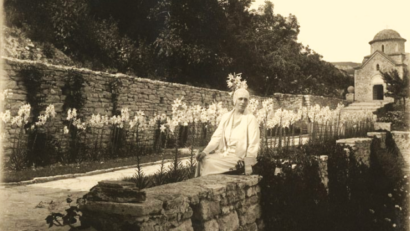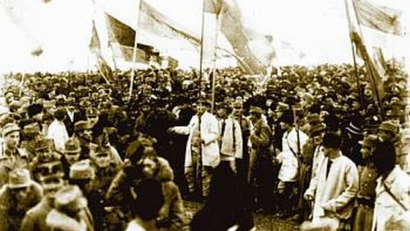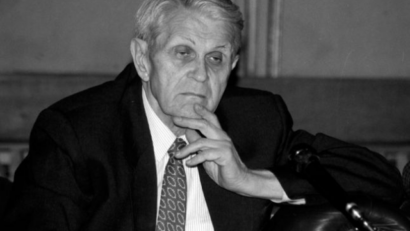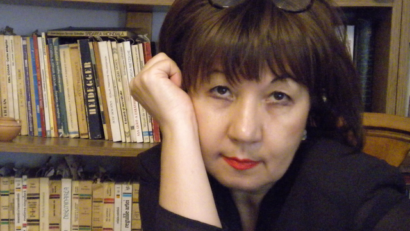
Sovietization was a process by which state institutions and the whole of society were transformed by Soviet models. Even though it was a gradual process, it was at times rather speedy.

One of the first Romanian photojournalists was Iosif Berman, considered a groundbreaking artist in photography.

Back in the 1980s Romanias western border witnessed real tragedies that few people know about today.

An overview of how trade unions worked under the communist regime.

An outlook on FSN, the most important party in Romania in the early 1990s.

In March 1945, the Petru Groza government, controlled by the Communist Party was installed to power, under Soviet pressure. Before 1989, the communist regime considered this its founding moment. I

In 2014, Europe celebrated the centennial of the start of WWI, an event that deeply scarred the 20th century.

In the wake of WWII, Romanians hoped the Soviets would finally leave Romania and that the Americans would come to put things back on track. This was their only hope for a better future and a firm belief of the anti-communist resistance.

WWI brought about the Entente powers victory and a fundamental change in Europes geopolitical map.

Mihai Eminescu is Romanias national poet, and literary historians consider him one of the fathers of the modern Romanian language.

A martyr of democracy and one of the most important figures in Romania's rebirth after 1989...

Romania and North Korea had a very close relationship, which began in the 1970s.

The foreign language programming at the Romanian Radio Broadcasting Corporation was initially intended for diplomats posted in Bucharest, starting in 1932.

Historians are unanimous in describing epidemics as a strong factor influencing human civilization.

Some historians like to think of their occupation as a precise science. Others believe that history can be made more relevant through literary procedures. It is the case of Doina Rusti, who has recently published her novel The Phanariot Manuscript
